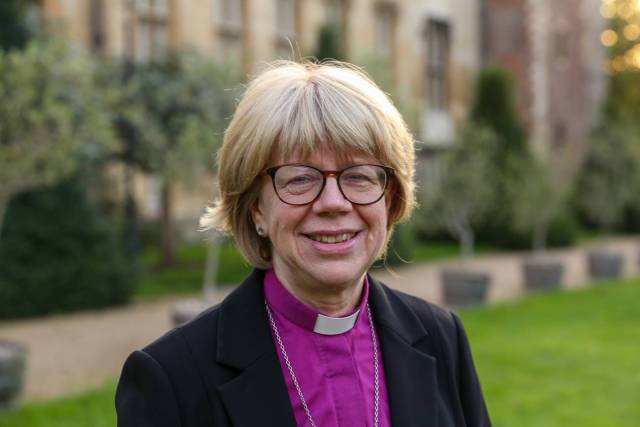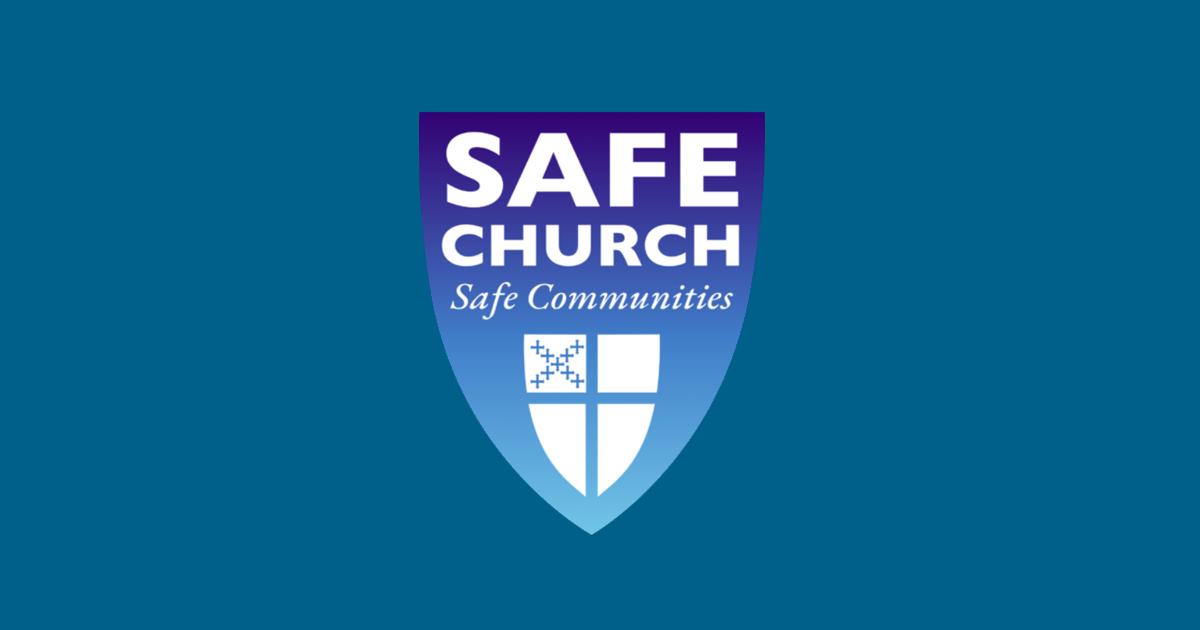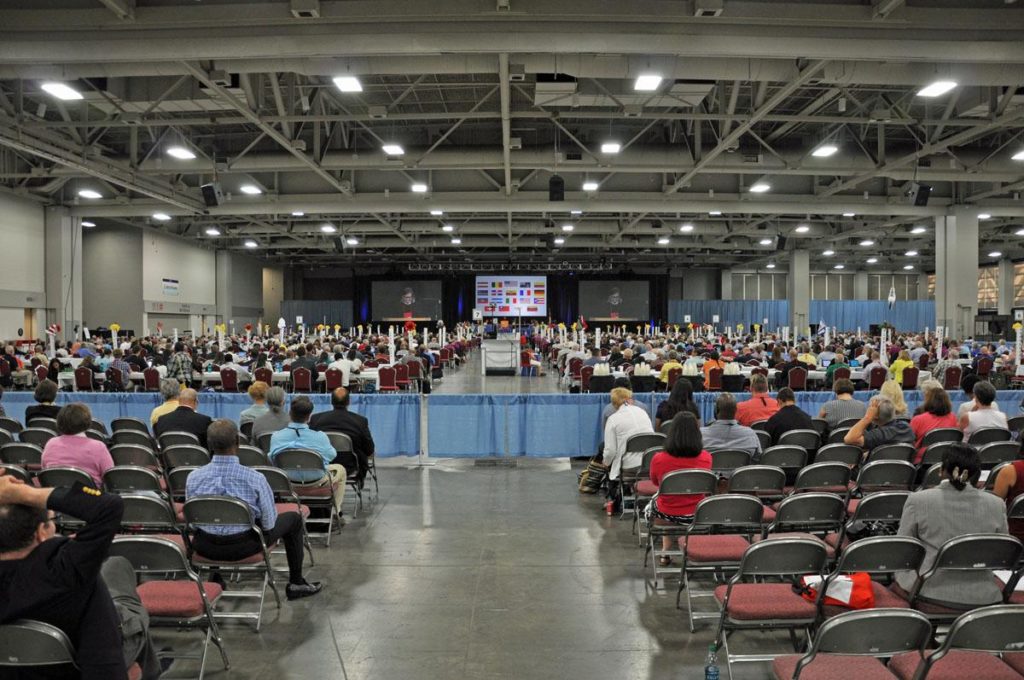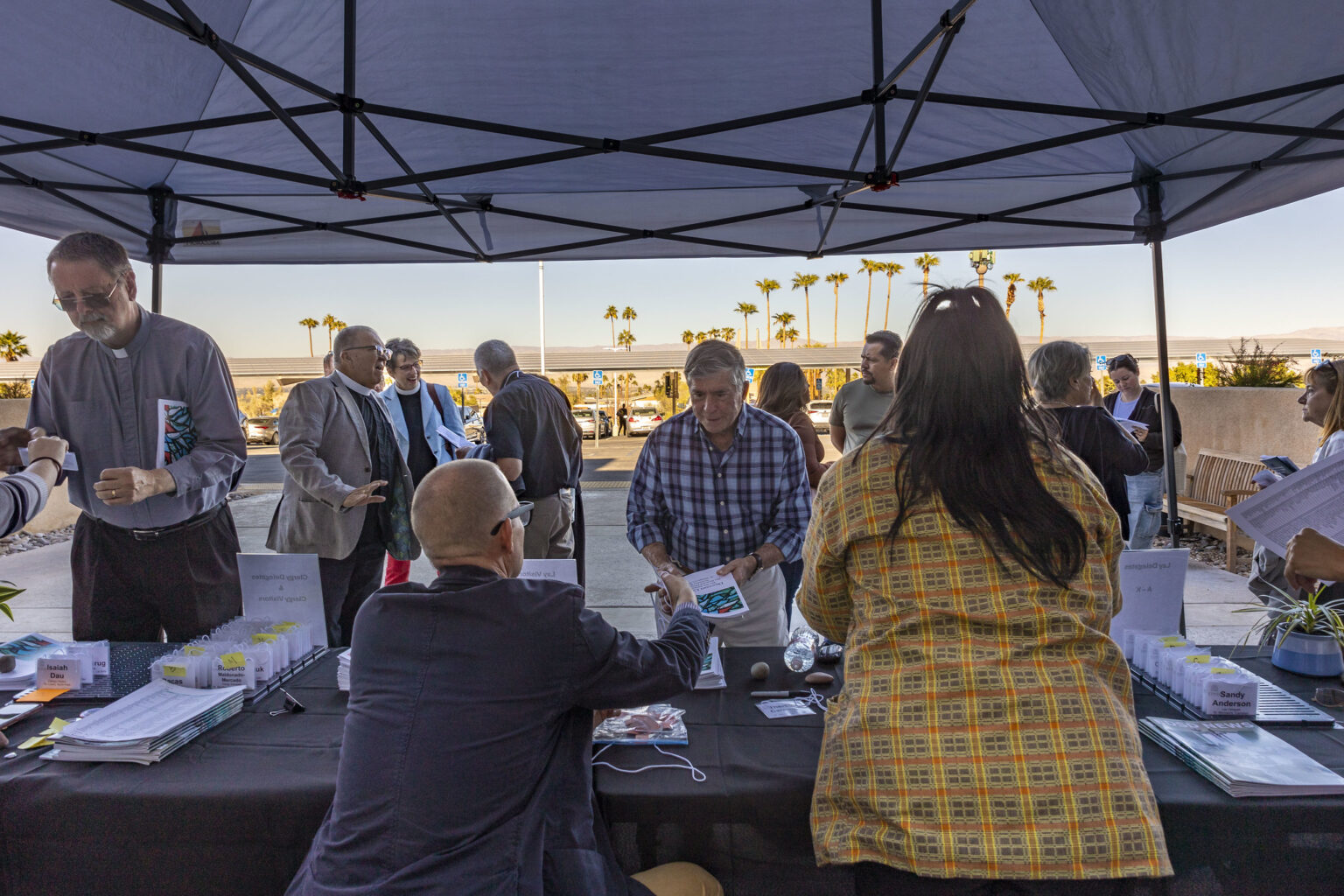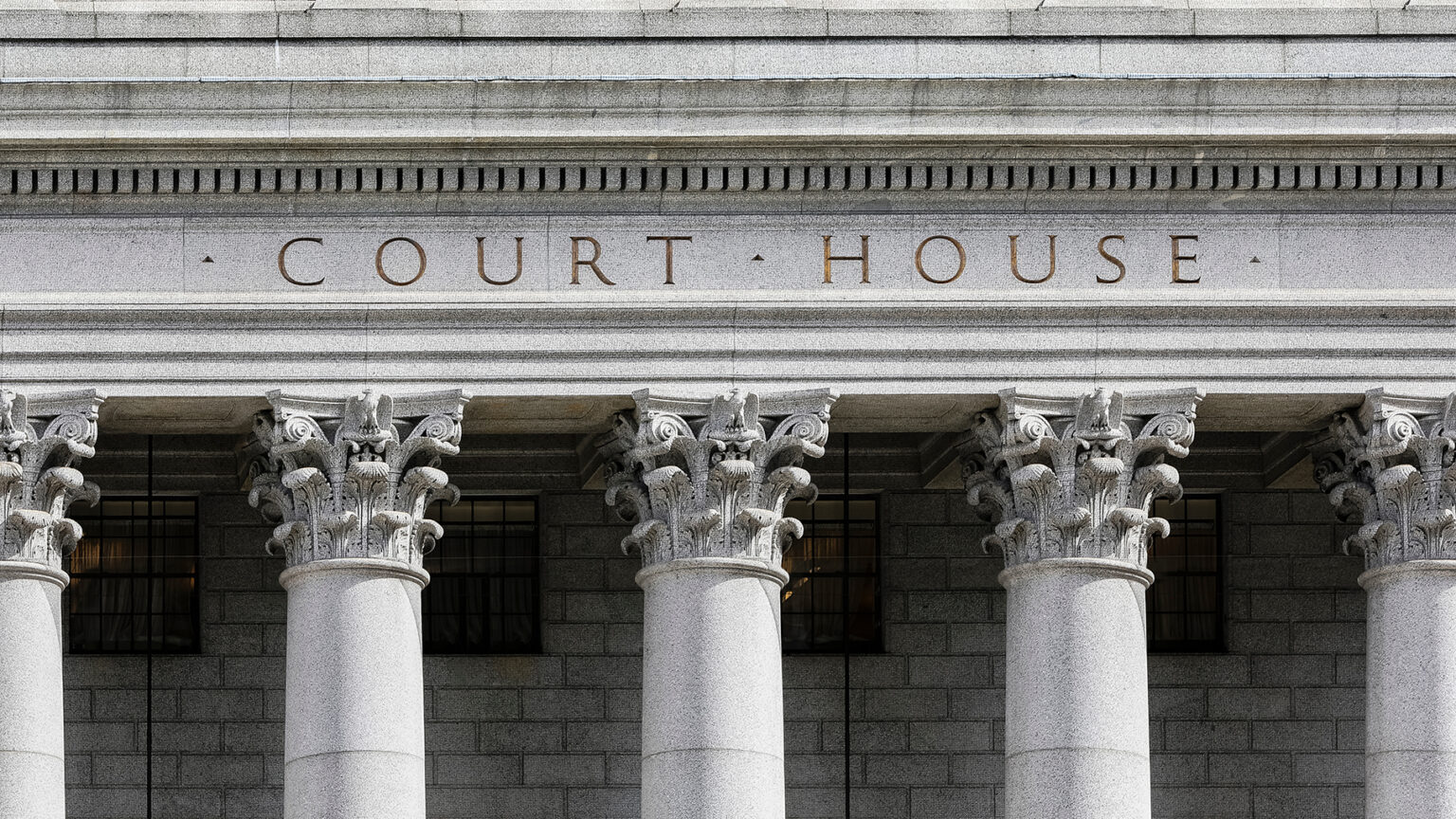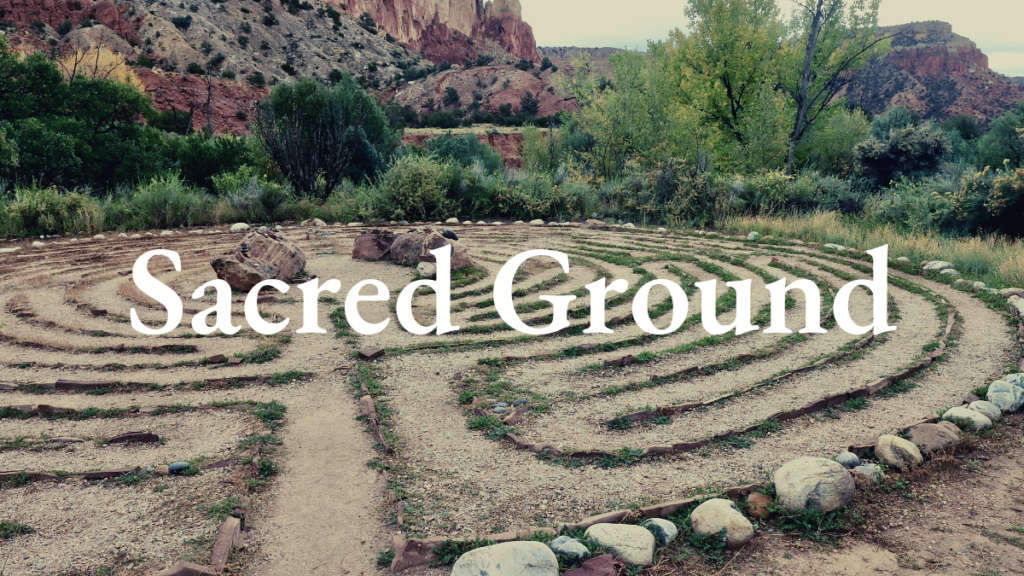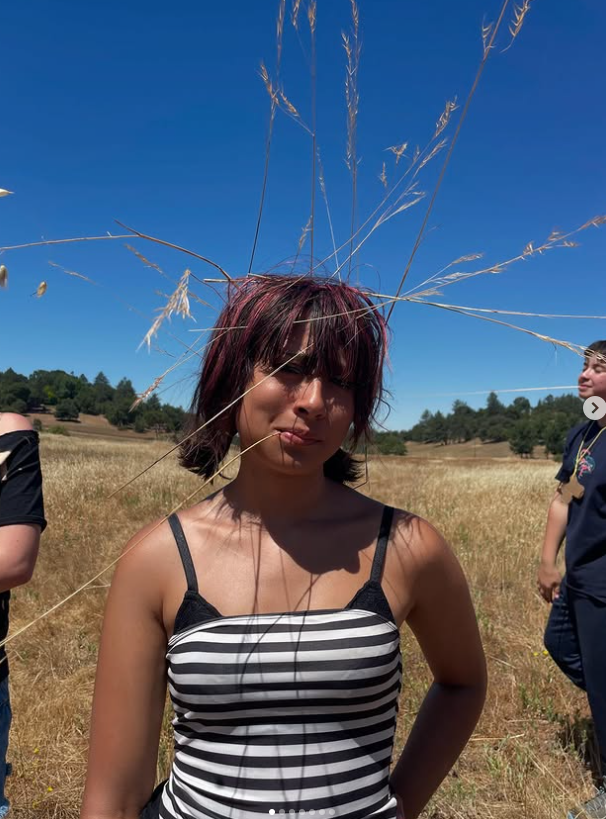Mission Real Estate: Inviting Transformation and Renewal
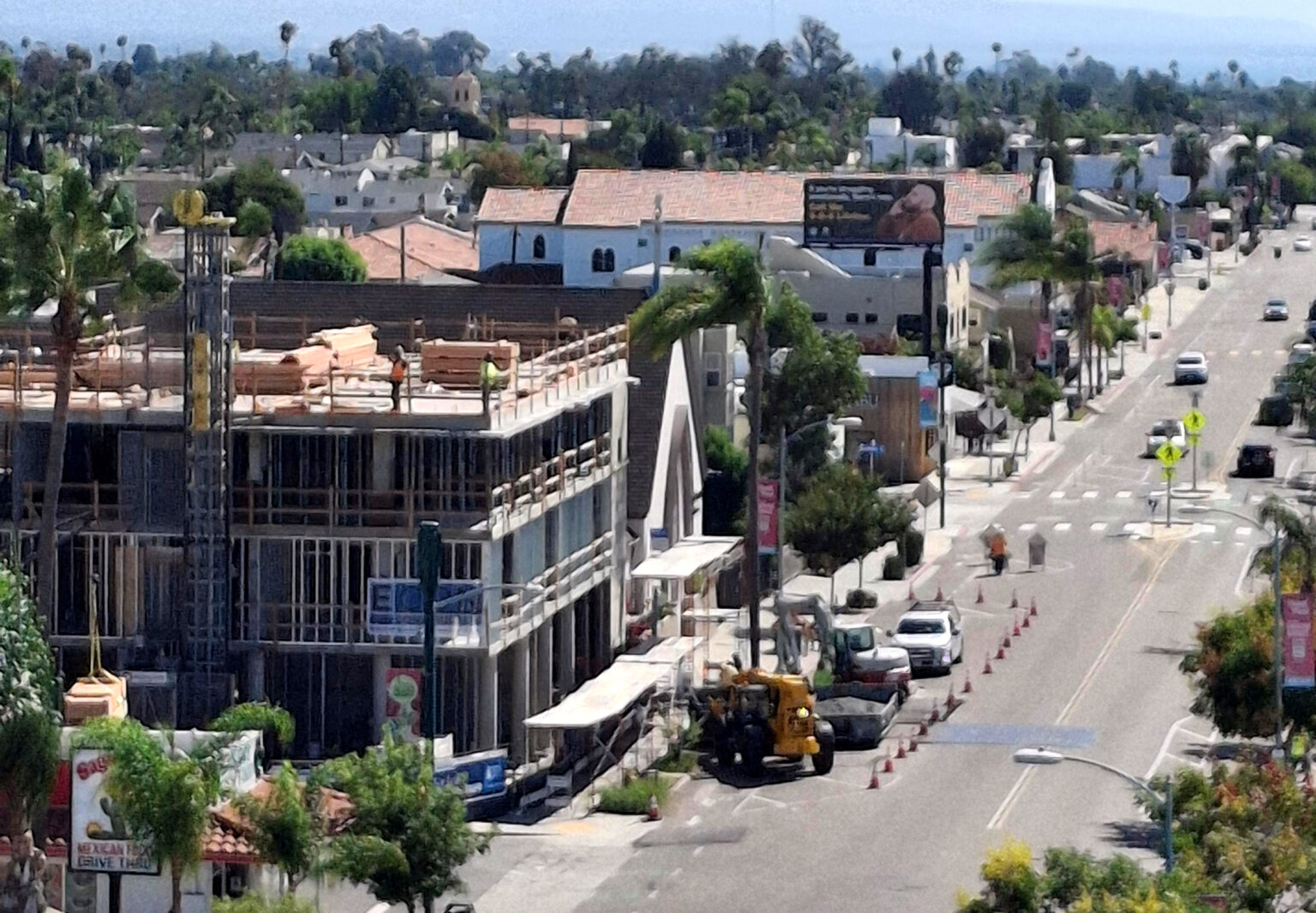
I have a section in my closet with clothes that I love but no longer fit me. Seeing them reminds me of important people, places and periods of my life so I’ve found it hard to let them go to make space for things that do fit me. In many ways, congregations that enter the mission real estate program go through that same struggle of discerning what aspects of its property are sacred aspects of the congregation’s identity and when to create space for something new.
Earlier this year, Canon Jeff Martinhauk and I traveled to Denver to meet with other Trinity Church Wall Street Philanthropies grantees to share how to effectively support congregations in identifying income-generating missional uses of their property. We left with a deeper understanding of the potential for mission real estate to transform congregations through a greater focus on revitalizing the church campus by enhancing their relationships with the surrounding community. The most critical message: the level of positive transformation congregations experience is directly related to the level of spiritual intention that goes into the congregational engagement process.
What we learned echoes some new practices EDSD has shared with our own congregations. For example, in-depth assessments at the outset of each engagement provide congregations with information to more closely examine their membership growth and financial trajectory, potential development options, and congregational capacity to lead internal and community engagement processes. Financial forecasts prepared by EDSD allow congregations to better evaluate how income from current pledges, membership growth, facility rentals, and mission real estate collectively can contribute to the congregation’s financial health and sustainability.
Congregations are urged to prayerfully consider how they envision being in relationship with the mission real estate project from planning and design through construction to welcoming new people on campus–and to create opportunities to listen and learn what the surrounding community needs early in the discernment process. And we are encouraging congregations to engage in the often difficult conversations about which sacred spaces and objects to prioritize so that they can celebrate what they retain and grieve what they must leave behind. This more structured process is designed to help congregations maintain momentum throughout the discernment process.
In the past few months, Church of the Good Shepherd (Bonita) and St. Mary’s-in-the-Valley (Ramona) engaged in these practices as they considered what they learned about the feasibility of affordable housing projects on their sites. In vestry meetings and congregational workshops, clergy and church members weighed questions about how the number of units their sites could yield was related to the project’s capacity to generate income to support the church’s mission. Congregations are also considering whether they want to manage community amenities, such as childcare or nonprofit space, or leave property management to a development partner. Good Shepherd’s discernment process also explored long-term needs for clergy housing.
At St. John’s (Fallbrook), the congregation had an “aha!” moment when they realized what it could mean to think holistically about its campus. First, the congregation learned that the senior center they had identified as a potential fit for the five-acre Stage Coach Lane site will likely explore other alternatives. Second, they had become increasingly aware that their capacity to expand programming is limited by the configuration of their current facilities. Those realizations opened them to the possibility of relocating the church to Stage Coach Lane and redeveloping the current Iowa Street campus, which is closer to town. They are also exploring affordable homeownership housing to address the needs of the local workforce.
In addition, EDSD is helping congregations prepare for the ups and downs of the development process. While recent legislative reforms have increased the options available to congregations interested in developing their land, volatile financial markets, higher interest rates, and climate change coupled with reductions in federal, state, and regional/local funding have made it more challenging to build new homes and community-supporting facilities.
To address these challenges, EDSD has started to consider a wider range of income-generating project types. For example, EDSD has started to explore deed-restricted moderate-income development, mixed-income and/or mixed-use projects, and small business/workforce incubators and behavioral health facilities. EDSD is also consulting with experts on the feasibility of developing accessory dwelling units, duplexes, triplexes, and other smaller scale projects that could be developed independently or as a scattered site project on sites that cannot accommodate larger developments. In addition, EDSD continues to scan trends in new building technologies and environmentally sustainable design to address costs and insurance risks.
And since breaking ground at St. Luke’s in March, what was once the community garden has become the foundation for 78 units of affordable housing. The building already rises four stories from the ground.
In early September, the congregation at St. Luke’s came together after Sunday services to participate in a naming workshop for the new development. Parishioners talked with each other and used dots to show their support for potential names that reflected concepts of growth, hope, hospitality, community, and welcome in English and several East African languages. The ideas they generated will shape the identity of the new apartment homes that are expected to open in late 2026.
For congregations still considering whether to participate in the mission real estate program, consider doing a walking tour of your campus where you share stories of the important moments in each place to understand your history and discern what is sacred. And maybe find a few volunteers to remove unneeded belongings from your closet spaces to make room for the new things to come.
